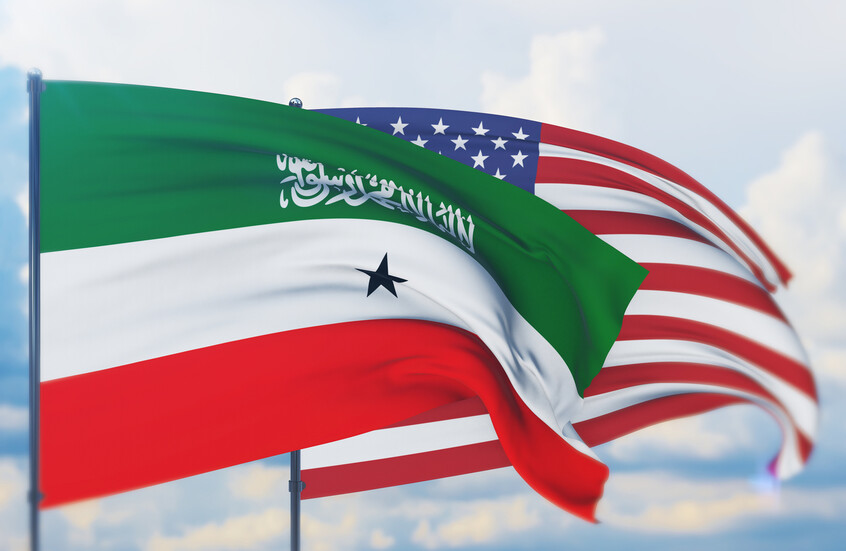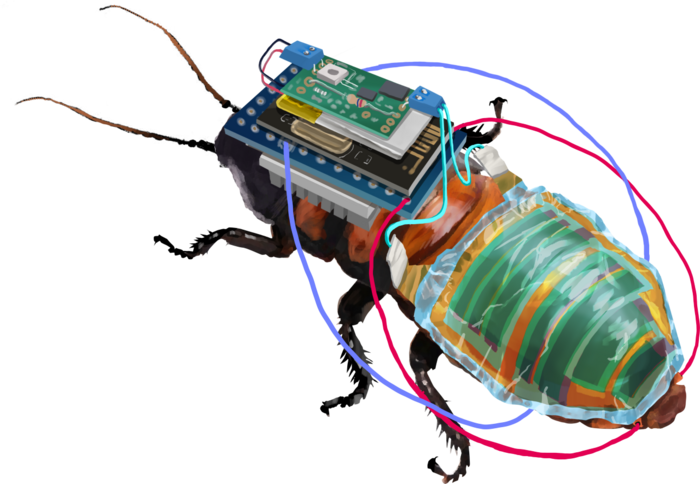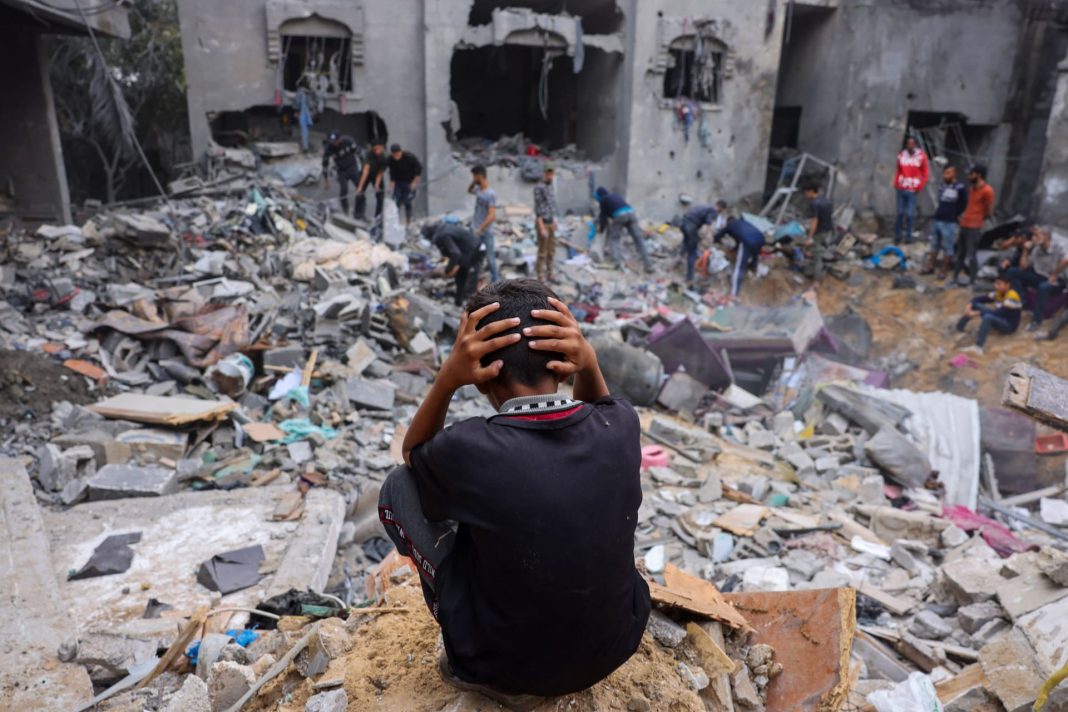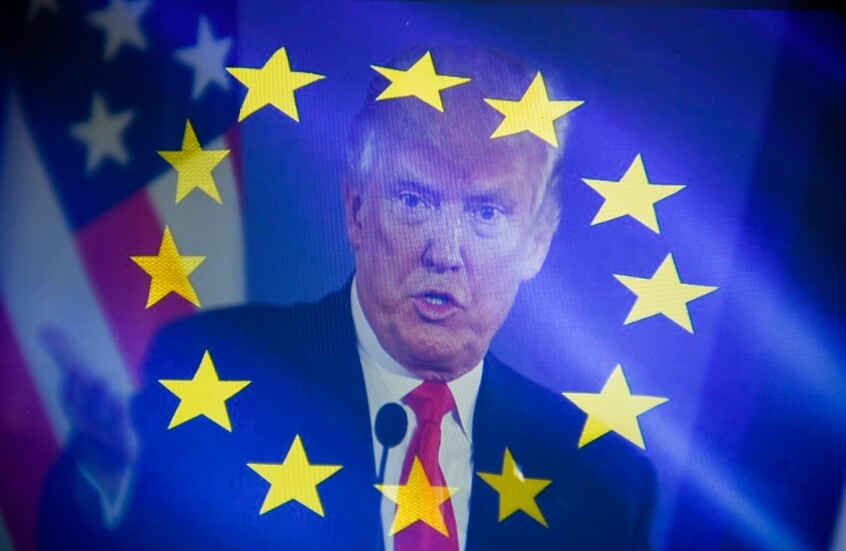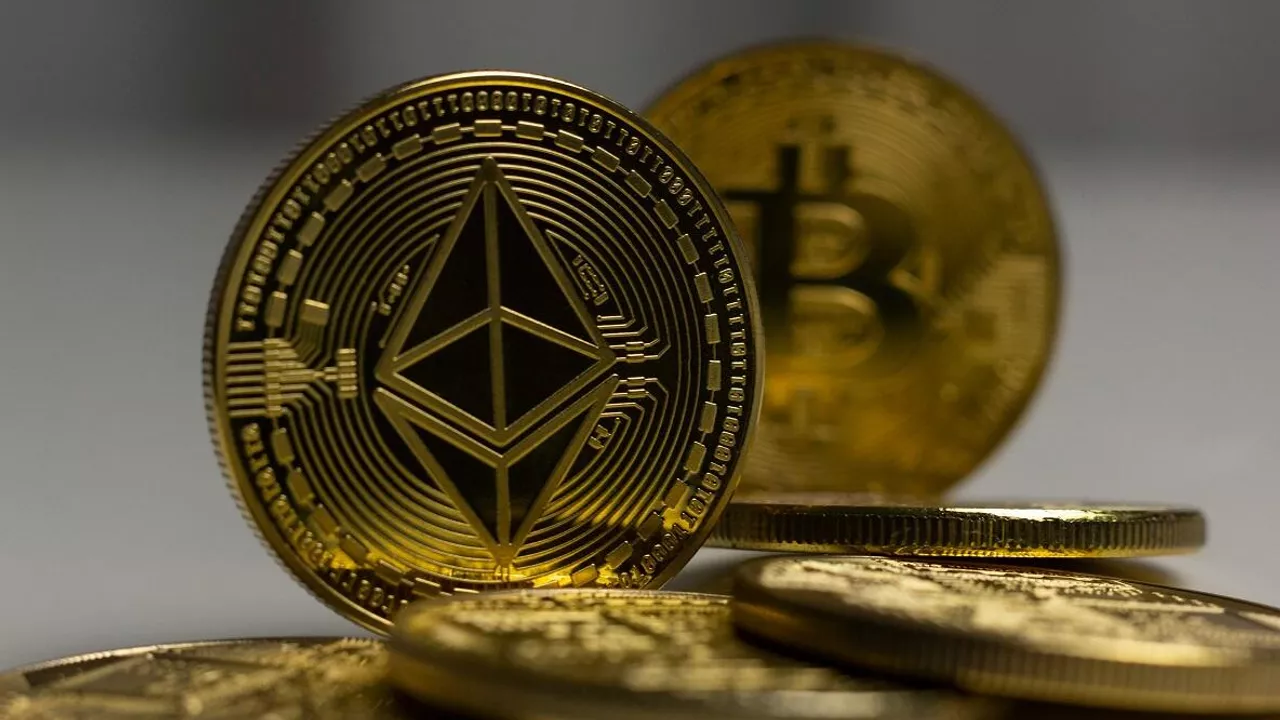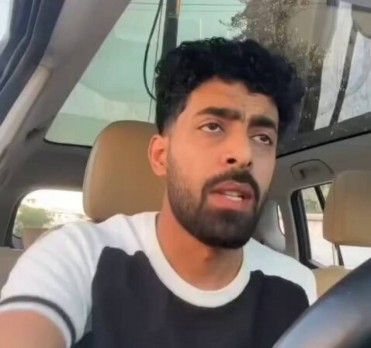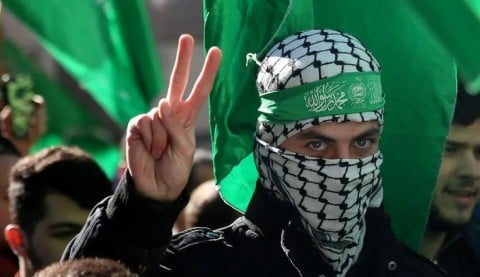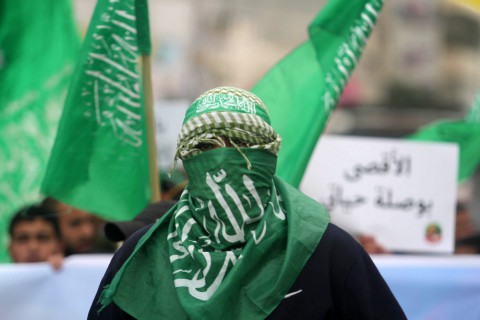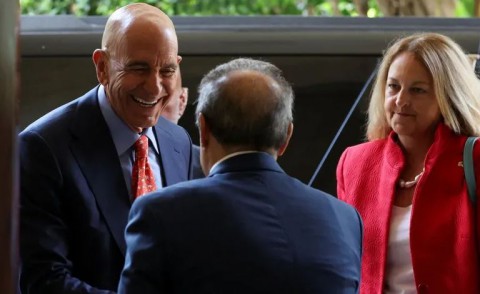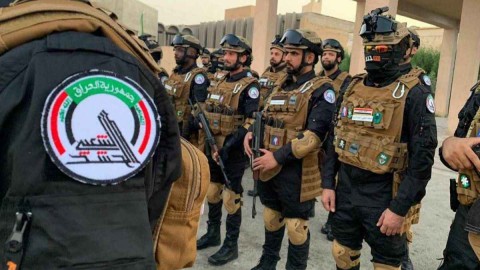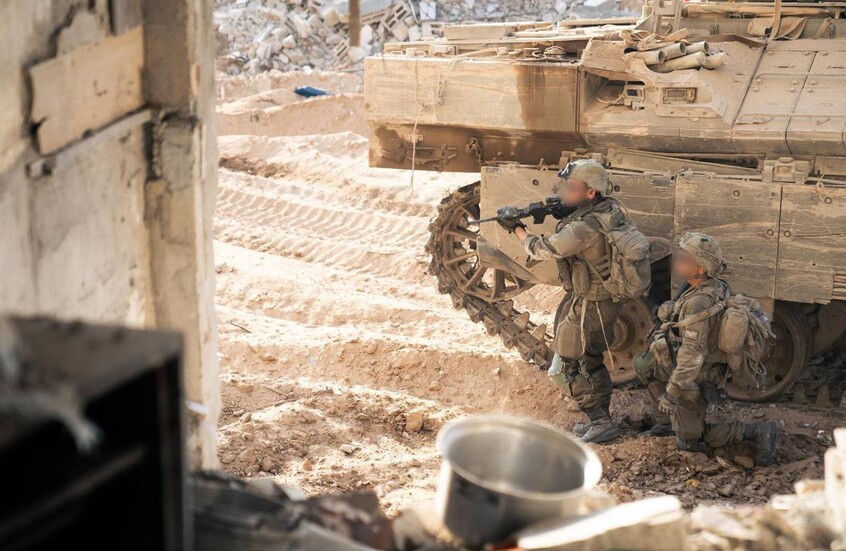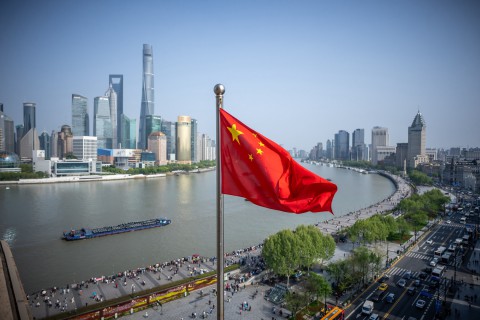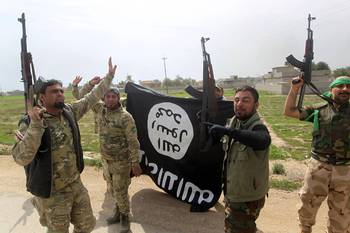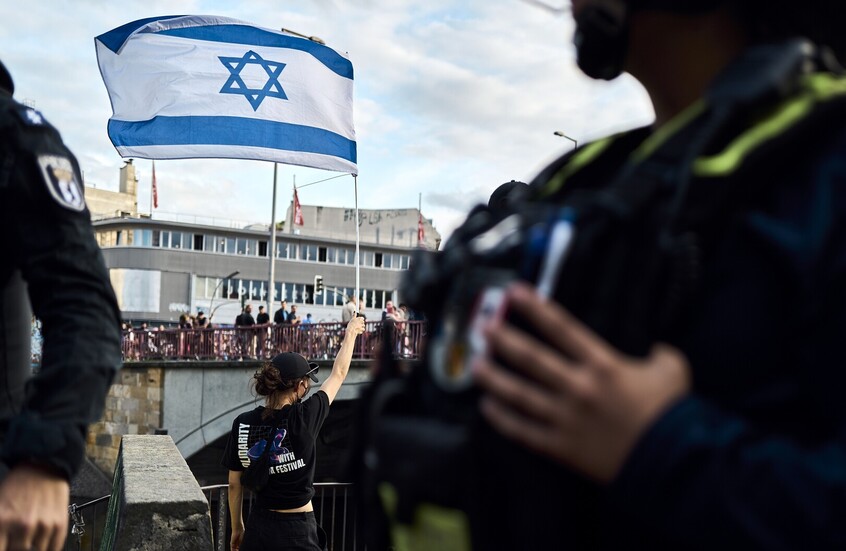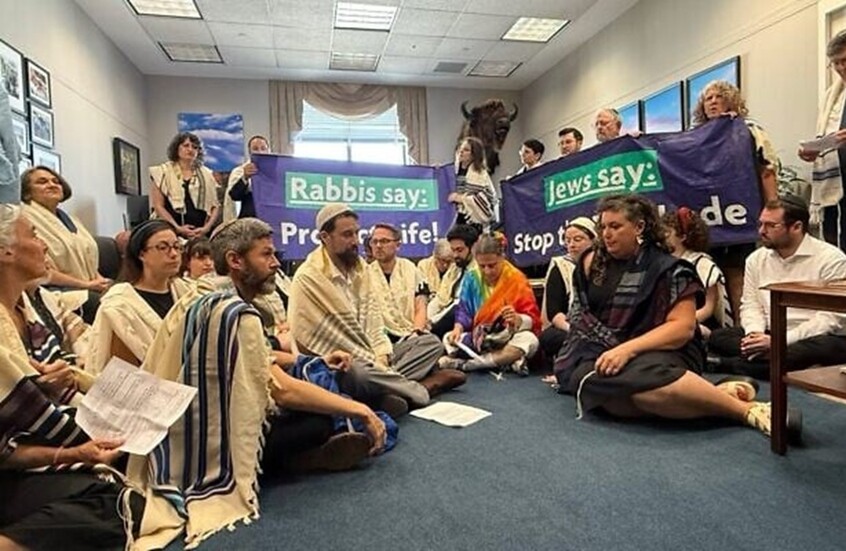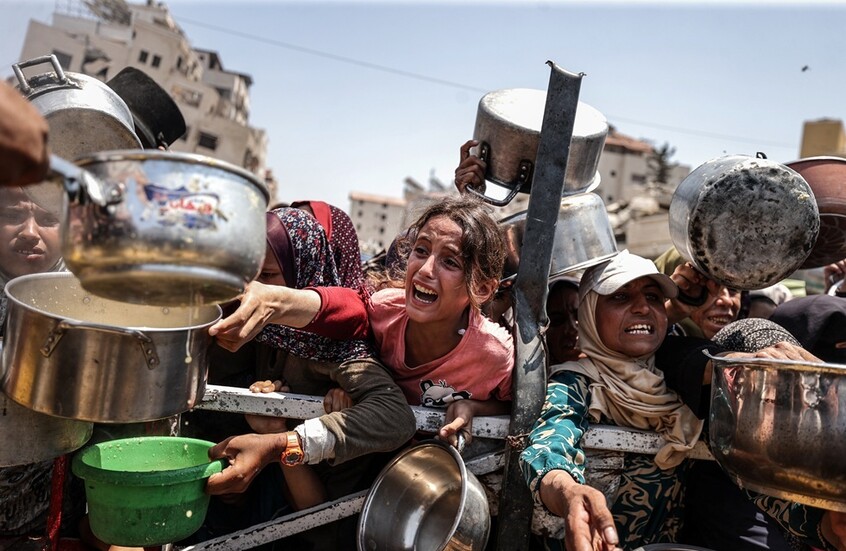طهران – في 19 مايو 2024، أدت الوفاة المفاجئة للرئيس إبراهيم رئيسي – وهو موظف حكومي يحظى باحترام كبير ومخلص – في حادث تحطم طائرة هليكوبتر مأساوية، إلى التعجيل بإجراء انتخابات مبكرة في إيران، مما يمثل لحظة محورية في تاريخ أمتنا.
وفي خضم الحرب والاضطرابات في منطقتنا، أظهر النظام السياسي الإيراني استقراراً ملحوظاً من خلال إجراء الانتخابات بطريقة تنافسية وسلمية ومنظمة، مما أدى إلى تبديد التلميحات التي قدمها بعض “الخبراء في الشأن الإيراني” في بعض الحكومات. إن هذا الاستقرار، والطريقة الكريمة التي أجريت بها الانتخابات، يؤكدان فطنة مرشدنا الأعلى، آية الله خامنئي، وتفاني شعبنا في الانتقال الديمقراطي للسلطة حتى في مواجهة الشدائد.
لقد ترشحت لمنصب الرئاسة على أساس برنامج الإصلاح، وتعزيز الوحدة الوطنية، والمشاركة البناءة مع العالم، وفي نهاية المطاف كسبت ثقة مواطني بلدي في صناديق الاقتراع، بما في ذلك الشابات والرجال غير الراضين عن الوضع العام للأمور. إنني أقدر بشدة ثقتهم وأنا ملتزم تمامًا بتعزيز الإجماع، على المستويين المحلي والدولي، للوفاء بالوعود التي قطعتها خلال حملتي الانتخابية.
وأود أن أؤكد أن إدارتي ستسترشد بالالتزام بالحفاظ على كرامة إيران الوطنية ومكانتها الدولية في جميع الظروف. تقوم السياسة الخارجية الإيرانية على مبادئ “الكرامة والحكمة والحصافة”، وتقع مسؤولية صياغة وتنفيذ سياسة الدولة هذه على عاتق الرئيس والحكومة. وأعتزم الاستفادة من كل السلطات الممنوحة لمكتبي لتحقيق هذا الهدف الشامل.
ومن هذا المنطلق، فإن إدارتي سوف تنتهج سياسة تعتمد على الفرص من خلال خلق التوازن في العلاقات مع كافة البلدان، بما يتفق مع مصالحنا الوطنية، وتنميتنا الاقتصادية، ومتطلبات السلام والأمن الإقليميين والعالميين. وبناء على ذلك، فإننا سنرحب بالجهود المخلصة لتخفيف التوترات وسنقابل حسن النية بحسن النية.
وفي ظل إدارتي، سنعطي الأولوية لتعزيز العلاقات مع جيراننا. وسوف نؤيد إنشاء “منطقة قوية” بدلاً من منطقة تسعى فيها دولة واحدة إلى الهيمنة والهيمنة على الدول الأخرى. وأعتقد اعتقادا راسخا أن الدول المجاورة والشقيقة لا ينبغي لها أن تهدر مواردها القيمة على المنافسات التآكلية، أو سباقات التسلح، أو الاحتواء غير المبرر لبعضها البعض. وبدلا من ذلك، سوف نهدف إلى خلق بيئة يمكن من خلالها تكريس مواردنا لتحقيق التقدم والتنمية في المنطقة لصالح الجميع.
ونحن نتطلع إلى التعاون مع تركيا والمملكة العربية السعودية وعمان والعراق والبحرين وقطر والكويت والإمارات العربية المتحدة والمنظمات الإقليمية لتعميق علاقاتنا الاقتصادية وتعزيز العلاقات التجارية وتشجيع الاستثمار في المشاريع المشتركة ومعالجة التحديات المشتركة. التحرك نحو إنشاء إطار إقليمي للحوار وبناء الثقة والتنمية. لقد ابتليت منطقتنا لفترة طويلة بالحروب، والصراعات الطائفية، والإرهاب والتطرف، وتهريب المخدرات، وندرة المياه، وأزمات اللاجئين، والتدهور البيئي، والتدخل الأجنبي. لقد حان الوقت لمعالجة هذه التحديات المشتركة لصالح الأجيال القادمة. وسيكون التعاون من أجل التنمية والرخاء الإقليميين هو المبدأ الموجه لسياستنا الخارجية.
وباعتبارنا أمم تتمتع بموارد وفيرة وتقاليد مشتركة متجذرة في التعاليم الإسلامية السلمية، يجب علينا أن نتحد ونعتمد على قوة المنطق بدلا من منطق القوة. ومن خلال الاستفادة من نفوذنا المعياري، يصبح بوسعنا أن نلعب دوراً حاسماً في النظام العالمي الناشئ في مرحلة ما بعد القطبية من خلال تعزيز السلام، وخلق بيئة هادئة تفضي إلى التنمية المستدامة، وتعزيز الحوار، وتبديد الإسلاموفوبيا. وإيران مستعدة للقيام بنصيبها العادل في هذا الصدد.
في عام 1979، في أعقاب الثورة، قامت جمهورية إيران الإسلامية المنشأة حديثاً، بدافع من احترام القانون الدولي وحقوق الإنسان الأساسية، بقطع العلاقات مع نظامي الفصل العنصري، إسرائيل وجنوب أفريقيا. ولا تزال إسرائيل نظام فصل عنصري حتى يومنا هذا، وتضيف الآن “الإبادة الجماعية” إلى سجل شابه بالفعل الاحتلال، وجرائم الحرب، والتطهير العرقي، وبناء المستوطنات، وحيازة الأسلحة النووية، والضم غير القانوني، والعدوان على جيرانها.
ويتعين على الولايات المتحدة أيضاً أن تعترف بالواقع وأن تفهم، مرة واحدة وإلى الأبد، أن إيران لا تستجيب للضغوط ولن تستجيب لها. لقد دخلنا في خطة العمل الشاملة المشتركة في عام 2015 بحسن نية وقمنا بالوفاء بالتزاماتنا بالكامل. لكن الولايات المتحدة انسحبت بشكل غير قانوني من الاتفاقية بدافع الخلافات الداخلية البحتة والانتقام، مما ألحق أضرارًا بمئات المليارات من الدولارات باقتصادنا، وتسبب في معاناة وموت ودمار لا يوصف للشعب الإيراني – خاصة خلال جائحة كوفيد – من خلال فرض عقوبات أحادية تتجاوز الحدود الإقليمية. لقد اختارت الولايات المتحدة عمداً تصعيد الأعمال العدائية ليس فقط من خلال شن حرب اقتصادية ضد إيران، بل أيضاً من خلال الانخراط في إرهاب الدولة من خلال اغتيال الجنرال قاسم سليماني، البطل العالمي في مكافحة الإرهاب المعروف بنجاحه في إنقاذ شعوب منطقتنا من ويلات داعش. وغيرها من الجماعات الإرهابية الشرسة. واليوم، يشهد العالم العواقب الضارة لهذا الاختيار.
إن الولايات المتحدة وحلفائها الغربيين لم يكتفوا بتضييع فرصة تاريخية لخفض وإدارة التوترات في المنطقة والعالم فحسب، بل قاموا أيضاً بتقويض معاهدة حظر الانتشار النووي بشكل خطير من خلال إظهار أن تكاليف الالتزام بمبادئ عدم انتشار الأسلحة النووية غير كافية. إن نظام الانتشار النووي يمكن أن يفوق الفوائد التي قد يقدمها. في الواقع، لقد أساءت الولايات المتحدة وحلفاؤها الغربيون استخدام نظام منع الانتشار النووي لافتعال أزمة تتعلق ببرنامج إيران النووي السلمي – وهو ما يتناقض بشكل علني مع تقييمهم الاستخباراتي – واستخدامه لمواصلة الضغط المستمر على شعبنا، في حين ساهموا بنشاط في ذلك. مواصلة دعم الأسلحة النووية لإسرائيل، ونظام الفصل العنصري، والمعتدي القهري، وغير العضو في معاهدة حظر الانتشار النووي، والمالك المعروف لترسانة نووية غير قانونية.
أود التأكيد على أن العقيدة الدفاعية الإيرانية لا تشمل الأسلحة النووية، وأحث الولايات المتحدة على التعلم من حساباتها الخاطئة في الماضي وتعديل سياستها وفقًا لذلك. ويتعين على صناع القرار في واشنطن أن يدركوا أن السياسة التي تقوم على تأليب دول المنطقة ضد بعضها البعض لم تنجح ولن تنجح في المستقبل. ويتعين عليهم أن يتصالحوا مع هذا الواقع وأن يتجنبوا تفاقم التوترات الحالية.
لقد عهد إليّ الشعب الإيراني بتفويض قوي لمواصلة المشاركة البناءة بقوة على الساحة الدولية مع الإصرار على حقوقنا وكرامتنا ودورنا المستحق في المنطقة والعالم. وأوجه دعوة مفتوحة إلى الراغبين في الانضمام إلينا في هذا المسعى التاريخي
with :
My message to the world
July 12, 2024 – 20:59 :
TEHRAN – On May 19, 2024, the untimely passing of President Ebrahim Raisi- a deeply respected and dedicated public servant- in a tragic helicopter crash precipitated early elections in Iran, marking a pivotal moment in our nation’s history.
Amidst war and turbulence in our region, Iran’s political system demonstrated remarkable stability by conducting elections in a competitive, peaceful, and orderly manner, dispelling insinuations made by some “Iran experts” in certain governments. This stability, and the dignified manner in which the elections were conducted, underscore the discernment of our Supreme Leader, Ayatollah Khamenei, and the dedication of our people to democratic transition of power even in the face of adversity.
I ran for office on a platform of reform, fostering national unity, and constructive engagement with the world, ultimately earning the trust of my compatriots at the ballot box, including those young women and men dissatisfied with the overall state of affairs. I deeply value their trust and am fully committed to cultivating consensus, both domestically and internationally, to uphold the promises I made during my campaign.
I wish to emphasize that my administration will be guided by the commitment to preserving Iran’s national dignity and international stature under all circumstances. Iran’s foreign policy is founded on the principles of “dignity, wisdom, and prudence”, with the formulation and execution of this state-policy being the responsibility of the president and the government. I intend to leverage all authority granted to my office to pursue this overarching objective.
With this in mind, my administration will pursue an opportunity-driven policy by creating balance in relations with all countries, consistent with our national interests, economic development, and requirements of regional and global peace and security. Accordingly, we will welcome sincere efforts to alleviate tensions and will reciprocate good-faith with good-faith.
Under my administration, we will prioritize strengthening relations with our neighbors. We will champion the establishment of a “strong region” rather than one where a single country pursues hegemony and dominance over the others. I firmly believe that neighboring and brotherly nations should not waste their valuable resources on erosive competitions, arms races, or the unwarranted containment of each other. Instead, we will aim to create an environment where our resources can be devoted to the progress and development of the region for the benefit of all.
We look forward to cooperating with Turkiye, Saudi Arabia, Oman, Iraq, Bahrain, Qatar, Kuwait, the United Arab Emirates, and regional organizations to deepen our economic ties, bolster trade relations, promote joint-venture investment, tackle common challenges, and move towards establishing a regional framework for dialogue, confidence building and development. Our region has been plagued for too long by war, sectarian conflicts, terrorism and extremism, drug trafficking, water scarcity, refugee crises, environmental degradation, and foreign interference. It is time to tackle these common challenges for the benefit of future generations. Cooperation for regional development and prosperity will be the guiding principle of our foreign policy.
As nations endowed with abundant resources and shared traditions rooted in peaceful Islamic teachings, we must unite and rely on the power of logic rather than the logic of power. By leveraging our normative influence, we can play a crucial role in the emerging post-polar global order by promoting peace, creating a calm environment conducive to sustainable development, fostering dialogue, and dispelling Islamophobia. Iran is prepared to play its fair share in this regard.
In 1979, following the Revolution, the newly established Islamic Republic of Iran, motivated by respect for international law and fundamental human rights, severed ties with two apartheid regimes, Israel and South Africa. Israel remains an apartheid regime to this day, now adding “genocide” to a record already marred by occupation, war crimes, ethnic cleansing, settlement-building, nuclear weapons possession, illegal annexation, and aggression against its neighbors.
As a first measure, my administration will urge our neighboring Arab countries to collaborate and utilize all political and diplomatic leverages to prioritize achieving a permanent ceasefire in Gaza aiming to stop the massacre and prevent the broadening of the conflict. We must then diligently work to end the prolonged occupation that has devastated the lives of four generations of Palestinians. In this context, I want to emphasize that all states have a binding duty under the 1948 Genocide Convention to take measures to prevent genocide; not to reward it through normalization of relations with the perpetrators.
Today, it seems that many young people in Western countries have recognized the validity of our decades-long stance on the Israeli regime. I would like to take this opportunity to tell this brave generation that we regard the allegations of antisemitism against Iran for its principled stance on the Palestinian issue as not only patently false but also as an insult to our culture, beliefs, and core values. Rest assured that these accusations are as absurd as the unjust claims of antisemitism directed at you while you protest on university campuses to defend the Palestinians’ right to life.
China and Russia have consistently stood by us during challenging times. We deeply value this friendship. Our 25-year roadmap with China represents a significant milestone towards establishing a mutually beneficial “comprehensive strategic partnership,” and we look forward to collaborating more extensively with Beijing as we advance towards a new global order. In 2023, China played a pivotal role in facilitating the normalization of our relations with Saudi Arabia, showcasing its constructive vision and forward-thinking approach to international affairs.
Russia is a valued strategic ally and neighbor to Iran and my administration will remain committed to expanding and enhancing our cooperation. We strive for peace for the people of Russia and Ukraine, and my government will stand prepared to actively support initiatives aimed at achieving this objective. I will continue to prioritize bilateral and multilateral cooperation with Russia, particularly within frameworks such as BRICS, the Shanghai Cooperation Organization and Eurasia Economic Union.
Recognizing that the global landscape has evolved beyond traditional dynamics, my administration is committed to fostering mutually beneficial relations with emerging international players in the Global South, especially with African nations. We will strive to enhance our collaborative efforts and strengthen our partnerships for the mutual benefit of all involved.
Iran’s relations with Latin America are well-established and will be closely maintained and deepened to foster development, dialogue and cooperation in all fields. There is significantly more potential for cooperation between Iran and the countries of Latin America than what is currently being realized, and we look forward to further strengthening our ties.
Iran’s relations with Europe have known its ups and downs. After the United States’ withdrawal from the JCPOA (Joint Comprehensive Plan of Action) in May 2018, European countries made eleven commitments to Iran to try to salvage the agreement and mitigate the impact of the United States’ unlawful and unilateral sanctions on our economy. These commitments involved ensuring effective banking transactions, effective protection of companies from U.S. sanctions, and the promotion of investments in Iran. European countries have reneged on all these commitments, yet unreasonably expect Iran to unilaterally fulfill all its obligations under the JCPOA.
Despite these missteps, I look forward to engaging in constructive dialogue with European countries to set our relations on the right path, based on principles of mutual respect and equal footing. European countries should realize that Iranians are a proud people whose rights and dignity can no longer be overlooked. There are numerous areas of cooperation that Iran and Europe can explore once European powers come to terms with this reality and set aside self-arrogated moral supremacy coupled with manufactured crises that have plagued our relations for so long. Opportunities for collaboration include economic and technological cooperation, energy security, transit routes, environment, as well as combating terrorism and drug trafficking, refugee crises, and other fields, all of which could be pursued to the benefit of our nations.
The United States also needs to recognize the reality and understand, once and for all, that Iran does not—and will not—respond to pressure. We entered the JCPOA in 2015 in good faith and fully met our obligations. But the United States unlawfully withdrew from the agreement motivated by purely domestic quarrels and vengeance, inflicting hundreds of billions of dollars in damage to our economy, and causing untold suffering, death and destruction on the Iranian people—particularly during the Covid pandemic—through the imposition of extraterritorial unilateral sanctions. The U.S. deliberately chose to escalate hostilities by waging not only an economic war against Iran but also engaging in state terrorism by assassinating General Qassem Soleimani, a global anti-terrorism hero known for his success in saving the people of our region from the scourge of ISIS and other ferocious terrorist groups. Today, the world is witnessing the harmful consequences of that choice.
The U.S. and its Western allies, not only missed a historic opportunity to reduce and manage tensions in the region and the world, but also seriously undermined the Non-Proliferation Treaty (NPT) by showing that the costs of adhering to the tenets of the non-proliferation regime could outweigh the benefits it may offer. Indeed, the U.S. and its Western allies have abused the non-proliferation regime to fabricate a crisis regarding Iran’s peaceful nuclear program – openly contradicting their own intelligence assessment – and use it to maintain sustained pressure on our people, while they have actively contributed to and continue to support the nuclear weapons of Israel, an apartheid regime, a compulsive aggressor and a non-NPT member and a known possessor of illegal nuclear arsenal.
I wish to emphasize that Iran’s defense doctrine does not include nuclear weapons and urge the United States to learn from past miscalculations and adjust its policy accordingly. Decision-makers in Washington need to recognize that a policy that consists of pitting regional countries against each other has not succeeded and will not succeed in the future. They need to come to terms with this reality and avoid exacerbating current tensions.
The Iranian people have entrusted me with a strong mandate to vigorously pursue constructive engagement on the international stage while insisting on our rights, our dignity and our deserved role in the region and the world. I extend an open invitation to those willing to join us in this historic endeavor.


